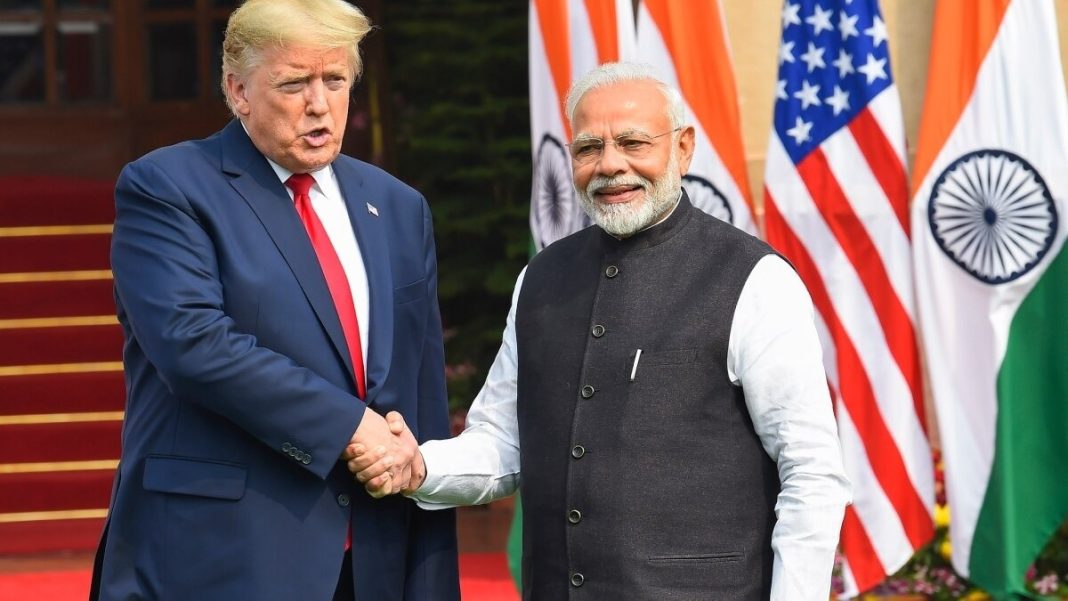Key Takeaways
- US lawmakers urge Trump to drop new $100,000 H-1B visa fee
- Warning issued about damage to US AI leadership and India partnership
- Indian nationals constitute 71% of all H-1B visa holders
A bipartisan group of US lawmakers has called on President Donald Trump to reverse his recent H-1B visa restrictions, warning that the new $100,000 fee threatens America’s artificial intelligence leadership and strategic ties with India.
In a letter sent on Thursday, Representatives Jimmy Panetta, Ami Bera, Salud Carbajal, and Julie Johnson urged the suspension of the September 19 proclamation titled “Restriction on Entry of Certain Nonimmigrant Workers.” The lawmakers argued these measures undermine America’s innovation ecosystem.
Strategic Importance of Indian Talent
The legislators emphasized that Indian professionals are crucial to US technological dominance. “As members of a recent delegation to India, we recognise the importance of the H-1B programme not just to the United States economy, national security, and competitive advantage, but also to our relationship with India,” they wrote.
The letter highlighted that India accounted for 71% of all H-1B visa holders last year. “Indian nationals, who make up the largest share of H-1B recipients, are central to US leadership in information technology and artificial intelligence,” the lawmakers stated.
Competition with China
Lawmakers expressed concern about China’s aggressive investments in AI, stressing the need to maintain America’s competitive edge. “At a time when China is investing aggressively in AI and advanced technologies, we must continue to attract the world’s best talent,” they warned.
Congressman Jimmy Panetta emphasized the program’s broader significance: “The H-1B visa programme is an important part of why the United States continues to lead in technological innovation, and is needed now more than ever with the recent sharp rise of artificial intelligence.”
Impact on Startups and Research
The lawmakers cautioned that the $100,000 fee would disproportionately affect smaller entities. They warned it could restrict access to only large corporations, excluding startups and research institutions that depend on global expertise.
“The programme should be enhanced and increased, not limited to a select number of corporations that can pay exorbitant amounts of money,” Panetta added.
Diplomatic Implications
The letter also addressed broader diplomatic concerns, noting that restrictive visa policies could strain relations with India, America’s key democratic ally in the Indo-Pacific region.
“In the case of India, attracting this talent reinforces our strategic partnership with a key democratic partner,” the lawmakers wrote, highlighting how Indian-Americans and H-1B holders contribute to local economies, academic institutions, and civic life.
The lawmakers concluded with a stark warning: “Preserving access to the H-1B programme is not simply about filling jobs. It is about securing US leadership in the industries that will define global power in the 21st century.”




